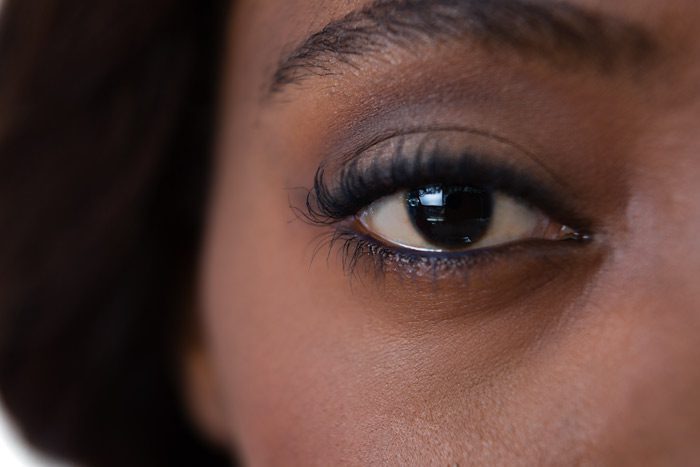 Many remain unaware that addiction is a physical disease. They assume that addiction occurs from a lack of self-control or willingness to remain abstinent, but the truth is that addiction changes the way our bodies function. In particular, it affects the brain and the nervous system, leading to dependence, cravings, and behavioral changes that make addiction difficult to overcome.
Many remain unaware that addiction is a physical disease. They assume that addiction occurs from a lack of self-control or willingness to remain abstinent, but the truth is that addiction changes the way our bodies function. In particular, it affects the brain and the nervous system, leading to dependence, cravings, and behavioral changes that make addiction difficult to overcome.
Changes in the Brain
Researchers and doctors alike have spent numerous hours studying these anatomical changes in the brain. Each individual who experiences addiction will move through various symptoms ranging in severity. If you or a loved one is expressing signs and symptoms that seem abnormal, seek professional medical attention as soon as possible to avoid further complications.
Active or ongoing substance addiction primarily affects the nervous system, causing dramatic behavioral and emotional changes. The brain in particular becomes hijacked and rewired to respond differently to stimuli. Impulsivity and unnecessary risk-taking are some of the behaviors associated with individuals with a substance use disorder (SUD). These changes are the result of cell degradation in the brain and improper functioning of areas in the brain that the body uses to survive and make healthy decisions.
Dr. George Koob, director of NIH’s National Institute on Alcohol Abuse and Alcoholism, describes these anatomical changes, stating, “The brain actually changes with addiction, and it takes a good deal of work to get it back to its normal state. The more drugs or alcohol you’ve taken, the more disruptive it is to the brain.” Dr. Koob further elaborates, explaining that “a common misperception is that addiction is a choice or moral problem, and all you have to do is stop. But nothing could be further from the truth.” Understanding that addiction is a disease is crucial to supporting yourself or others who suffer from its damage.
The Prefrontal Cortex
Substance use and addiction affects primarily the prefrontal cortex of the brain. Over the years, researchers have been able to compile imaging of the brain that allows doctors to better understand how the prefrontal cortex changes with substance use. Degradation of the brain tissue and loss of function are the primary outcomes of extended alcohol or drug abuse. These changes in cellular make-up are reflected in the behavior and decision-making skills of individuals suffering from this disease.
Dr. Nora Volkow, director of NIH’s National Institute on Drug Abuse, further explains the effects addiction has on the prefrontal cortex of the brain:
“Brain imaging studies of people addicted to drugs or alcohol show decreased activity in this frontal cortex. When the frontal cortex isn’t working properly, people can’t make the decision to stop taking the drug—even if they realize the price of taking that drug may be extremely high, and they might lose custody of their children or end up in jail. Nonetheless, they take it.”
There is still much investigation to be done to determine why some people with SUD exhibit these types of behaviors while others do not. Scientists have concluded that certain genes in our DNA may contribute to the occurrence and recurrence of addiction within families, through generations. Also, teens and adolescents who fall victim to addiction may experience more severe brain damage in the prefrontal cortex since that area of the brain is still in development. This can result in poor decision-making skills, especially in social situations.
Addiction to drugs and alcohol has detrimental effects on the body overall. It is important to remain vigilant of the signs of substance abuse as to prevent further harm in the future.
We Are Here and Ready to Help
Supporting yourself or a loved one suffering from the disease of addiction may seem overwhelming, but with the help of Great Oaks’ team of professionals, you can overcome these hurdles and remain committed to sobriety. We are here to support you and your loved ones through the recovery journey. We are open and accepting new patients, with precautions in place to protect our clients from COVID-19. Contact us today!


